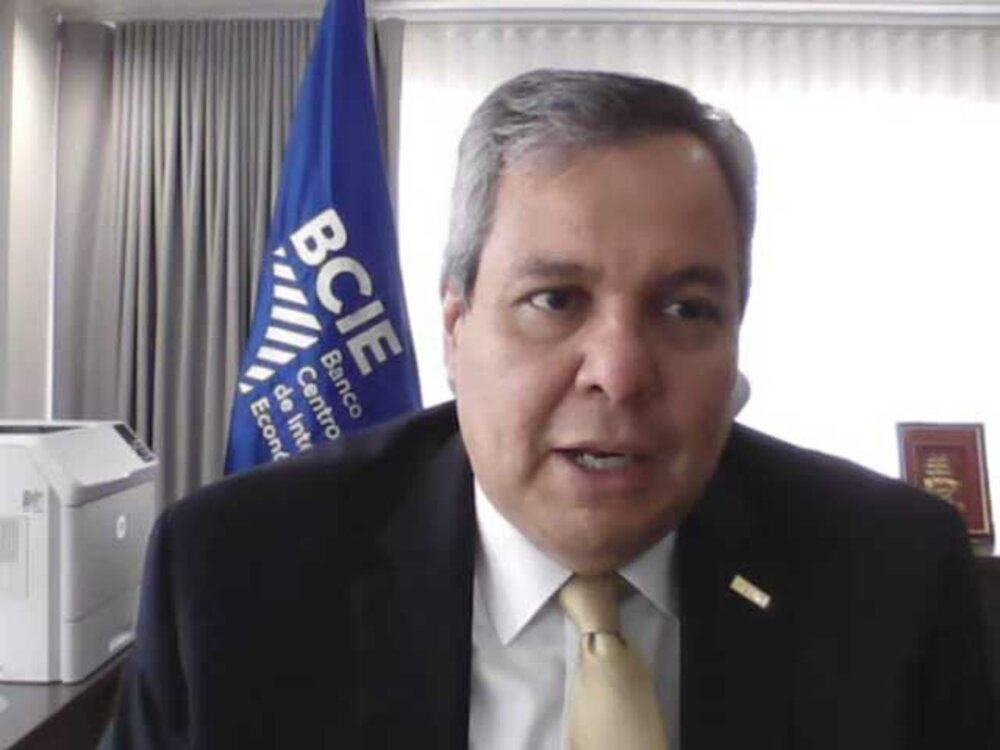CABEI, SIECA and SECMCA commemorate 60th anniversary of the signing of the General Treaty on Economic Integration

• The virtual forum analyzed the role that economic integration plays in recovery and sustainable growth for the region's social development in the context of the pandemic.
Tegucigalpa, June 17, 2021.- This Thursday, in the framework of the 60th anniversary of the regional economic integration process, the Central American Bank for Economic Integration (CABEI), and authorities from the Secretariat for Central American Economic Integration (SIECA) and the Executive Secretariat of the Central American Monetary Council (SECMCA), inaugurated the virtual seminar "60 years of economic integration in Central America: Progress and challenges".
During the opening of the virtual event, CABEI Executive President Dr. Dante Mossi emphasized: "We are very proud of the joint work carried out between SICA institutions that for decades has allowed us to strengthen regional integration, sustainable competitiveness, human development and social inclusion with the commitment to continue financing the development and wellbeing of Central Americans".
CABEI's support is reflected in all the initiatives we have supported during its 60-year history. Along these lines, Mossi recalled that the Bank's approvals total US$40 billion for the execution of strategic programs and projects in countries of the region.
SIECA's Secretary General, Melvin Redondo, pointed out that the document was coordinated and managed jointly by three bodies of the Central American Economic Integration Subsystem. "It is an honor for SIECA to join forces with CABEI and SECMCA in the documentation of this historic event for the regional integration process, which also comes at a time that invites us to reflect on future scenarios and foreseeable courses of action as a region," said Redondo.
SECMCA's Executive Secretary, Domingo González, highlighted the relevance of the study, which analyzes the main challenges, opportunities and trends in advancing the regional integration agenda.
During the forum, the results of the study "Sixty Years of Economic Integration in Central America: Advances and Challenges" were analyzed. The representatives of the three institutions also referred to historical milestones such as the signing of the General Treaty on Economic Integration (TGIEC) in 1960, which led to the creation of the Central American Common Market ( MCCA).
They also recognized the resilience of the Central American integration system as a reference for the work on the regional agenda, as it is now a system with a solid scaffolding, all these elements will serve to address the new challenges in the challenging reality.


![[Translate to English:] [Translate to English:]](/fileadmin/_processed_/f/e/csm_Fachada-BCIE_45e756f9d4.jpg)


